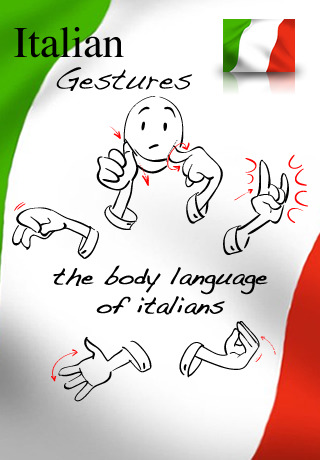- Raise your hand if you do not like Italy and Italians!
No one?
- Raise your hand if this ever happened in your project: The Italian partner submitted a deliverable with delay.
All of you have your hands raised?
How many times did you think that you should live and think more like Italians? Or wish we would be able to cook like they do? Well, to me it happened many times. Stendhal said that Italy is attractive for the same reasons as Love.
Italians do not seem to have a complicated culture, and still, when you work with them in EU projects you discover new and new layers. Italy is a young country, its parts are very different from each other and governing all parts together is quite impossible. But Italians themselves are flexible and very proud of their country and culture. There is quite a conflict between living in such an amazing country and in a little chaos at the same time.
The show is just as important as the truth. An Italian might be saying very harsh and true words and at the same time would be looking around to see the reaction of the people. In the next minute the same person might look at the world through the Italian pink glasses and be completely satisfied. You might get prepared for that.
 Also, body language is extremely important, even more important than words!! Have you seen "Eat, Pray, Love"? This scene explains quite well the body language matter: Video
Also, body language is extremely important, even more important than words!! Have you seen "Eat, Pray, Love"? This scene explains quite well the body language matter: Video
It is often easier to understand the mood of an Italian by its gestures.
They are maximalists; want to reach the best quality, which is of course very positive in EC projects for any coordinator. Many say that unfortunately Italy is going through changes. People started to want more and more, they are running, getting tired, sad and forgetting politeness. So the pursue of maximum quality might not be linked anymore with the easy lifestyle and having fun. Make sure that in your project you have both. Italians are survivors, they get through any crisis.
The famous Italian saying is expressing their personal philosophy of fatalism: che sarà, sarà - 'whatever will be, will be'.
For a few hundreds of years Italians worked against the system (under the rule of Greek, Norman, French, German, Austrian, American, etc.) and became experts in slowing down procedures. This also explains a little bit their amazing creativity and also their strange patience. Sometimes when everybody else goes crazy, they would be calm and think/know that everything will be solved somehow. Of course when we touch their emotions, they are not that calm anymore.
Italians are using their talent and creativity in many good and bad ways, we all know that. Italy is the country of families and family owned businesses, which learned well how to survive in any economic situation. The family will be protected above all.
Also, if you now consider any meeting or a huge conference where many Italians participated, you may remember that they found each other very quickly and remained together.
They might show easily a united front in a conflict situation.
In summary:
- Use your social charm, not authority. Referring to their obligations described in the grant agreement might not work. Getting into their social circle might just earn you the respect and attention.
- Expect and require highly professional work, do not treat them as the ‘fun’ partner. Just consider how good they are in winning projects on a European level. Make sure the project idea is close to their heart and they will work like hell to achieve the goals.
- Use all opportunities to discuss technical matters, dinners, lunch, coffee breaks, etc. Social gatherings might be used for work as well. Do not stress and get annoyed because of the delays, it does not help. At the end all will be done (mostly :) ) – ‘Finire in bellezza’ as Italians would say.
- Do not expect Italians to behave and react in a certain way. You might be surprised. What is constant with Italians is that it is always a different experience to work with them. Just enjoy!
A final note: It comes probably naturally to non-Mediterranean people to put Italians, Spanish, French and maybe Greek people in the same group in our head. I think this can generate mistakes in projects. Unless we consider their appreciation of the beauty of life and the issue when exactly to have dinner, be careful about looking at them as alike.
(Source: Richard Hill, We Europeans, 1997)





